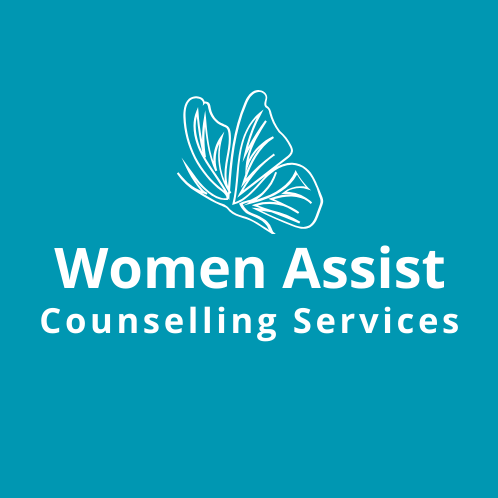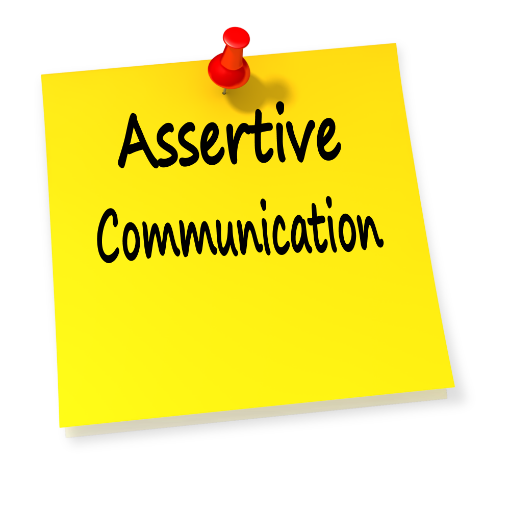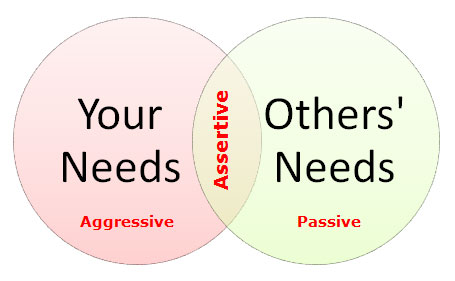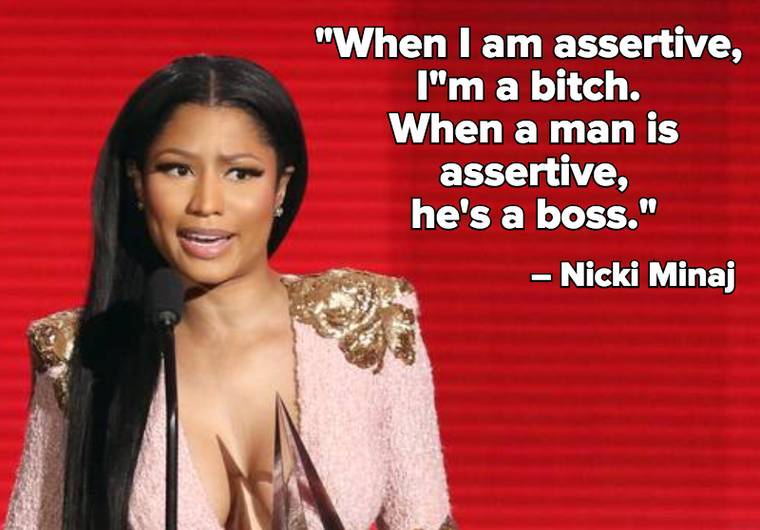Are you a people pleaser?
Can you say “No” when you need to?
Do you feel frustrated in your relationships with family, friends or partners? People pleasers are the nicest and most helpful people you can know. They never say “no.” You can always rely on them when you need to ask for a favour. You can always count on them for a favour. People who aim to please, spend a great deal of time doing things for others. They get their work finished, help others with their work, make all the plans, and are always there for family members and friends. However, this can be a really unhealthy pattern of behaviour, because making sure everyone is happy can be exhausting and it can cause anxiety. It may just leave you with no time to do the things you would like to do for yourself, such as exercise, relaxing, eating healthy and taking care of your needs and desires.
People pleasers give very little time to taking care of their own health. Their efforts towards taking care of others, takes away the time they need to be active, de-stress, plan healthy meals, etc. Consequentially, they may be more prone to health problems.
If you are a people pleaser, your heart is in the right place. Wanting to take care of others is not a bad thing and if more people had a little bit of what you have, the world would be a better place. However, you cannot do this at the expense of yourself. A balance is needed. If you’re over committed, you probably get less sleep and get more anxious and upset. You’re also depleting your energy resources. In the worst case scenario, you’ll wake up and find yourself depressed, because you’re on such overload because you possibly can’t do it all.
Okay, to all the people pleasers let me tell you that you have a choice!
It is vital for people-pleasers to realise they have a choice. They often feel like they have to say yes when someone asks for their help. Remember that you always have a choice to say no.
For many people the strong need to please and care for others is deeply rooted in either a fear of rejection or fear of failure. Early experiences with tough criticism or punishment can lead to substantial anxiety. Anxiety is an emotion that can live on for a very long time. To deal with that anxiety, we do everything we can to get things right, finish the job, and make sure everybody is happy.
What are your priorities?
It is important to know what your priorities and values are so you can start to please yourself. Therefore, you will have to say “NO” sometimes. It is important to recognize how you feel when you yes or no to someone. What is most important to you?
Don’t say yes straight away!
When a person asks you a favour, it is perfectly okay to tell the person that you will need to think about it. This gives you a chance to reflect whether or not you can commit to helping them. Ask yourself, how stressful will it be if I help, what sacrifice will I need to make in order to help, will I feel pressured. Will the person asking the favour be upset if I don’t help? Will it interfere with my plans or commitments? By asking yourself these questions, it can help you to reflect whether or not you have the time or the capability to help!
If the person needs an answer right away, then it is usually best to say “NO”, because once you say yes, you become stuck. If you say no straight away, if you realise afterward that you can help, then you can always say yes later.
Set a time limit.
If you do agree to help out, it is important to make it clear to the other person that you have limited time frame, i.e. “I’m only available from 10am to 12 pm”.
Are you being manipulated?
Sometimes, people will take advantage of you, so it’s important to watch out for manipulators and those who use flattery. How can you tell? Sometimes people who flatter you will say things like “Oh you’re so good at baking cakes, would you make a cake for my child’s birthday?” or “Nobody can do that better than you”. These people may either persuade you into doing something or try to tell you what your availability is or what your time frame is. Fundamentally, they make the decision for you before you realize it has happened.
Why is it so hard to say “no”?
It is important to ask yourself, “why it was so important for me to please people, to the point where it will probably make me feel stressed and resentful for saying yes”.
Often people are afraid to say “no” because their biggest fear is rejection. What if I disappoint someone, hurt their feelings or make them angry”? Having someone think negatively you might make you feel rejected.
“Don’t let the fear of being judged, rejected
or disliked stop you from being yourself”
Say no with belief!
It can be really hard to say no for the first time to someone. However, once you do it the first time, it becomes easier because you are saying no for good reasons and you won’t feel stressed or resentful towards that person. In fact, you will feel empowered!
What is assertiveness?
Assertiveness is about connection. Being assertive is an important communication skill which can reduce your levels of depression and anxiety and improve your self esteem. By using assertiveness, it means that you express yourself effectively and stand up for your point of view, while also respecting the rights and beliefs of others. Actually, being assertive can also help boost your self-esteem and earn other peoples respect. You need to feel comfortable expressing how you feel, your thoughts, beliefs and opinions in respectful way that doesn’t violate the rights of others.
Using an empathic assertion means that you put yourself in the other person’s shoes as you assert yourself, i.e. Tell the person “I understand where you are coming from, but unfortunately, I cannot help you”. People need to feel heard and understood, and this is a respectful way of asserting yourself and saying no.
Don’t give a list of excuses.
You may feel tempted to want to justify why you are saying no to someone so they understand why you cannot help. But this actually backfires. As soon as you start giving an explanation, you give the other person reasons to suggest that you can do that later, or perhaps “that is not as important as what I’m asking”.
How to assert your self in a positive manner
Don’t avoid people or situations. You have to be able to stand up for yourself. This can be challenging for people pleasers, but when using assertive communication, it becomes easier to stand up for yourself and you will feel proud.
It is tempting to avoid situations and it is easier to not to deal with them. Yet, the more you assert yourself the happier you will be. When people assert themselves they are actually making improving their relationships with others, you get what you want more often and it can inspire others to assert themselves and ask for what they want.
Believe in yourself and your values. If you want to be assertive, you first have to believe in yourself and what is important to you. Without a firm sense of self in place, it can be very hard to stand up for yourself and assert yourself when necessary. You have to know what you are and what you believe in to be a truly assertive person.
Understand your own boundaries. One of the most reasons for being assertive is to know what your boundaries, i.e. what makes you uncomfortable, it is essential that you define what makes you uncomfortable. It is important to establish what you will tolerate and what you won’t. If you are not sure what your own boundaries are then you will not know when someone has overstepped them.
What is your purpose? If you want to assert yourself positively, you must know what it is that you want and what purpose that thing will serve for you.
Be respectful of others and yourself. Being assertive doesn’t have to mean being aggressive towards others. There is no need to put yourself in an uncomfortable position. Be respectful, even when being assertive, you can behave with respect and kindness. Think of how you would want to be treated if you were in the others’ shoes and keep that in mind as you assert yourself. Most importantly, be respectful of yourself
Don’t use vague terms or try to hedge your meaning by using words that are indirect or confusing. Instead, be as clear and direct as possible. It can be hard to do this sometimes, but no one will know if you don’t clearly express what it is that you need.
Practice being assertive regularly. As the saying goes “Practice makes perfect”. You don’t have to change who you are, but then again, it does mean that you have to start putting yourself first. Whatever your needs are, they are just as valuable as the needs of others. Think about some situations in which you could have been assertive and weren’t. In the future what could you do to assert yourself more effectively.
Learning to say no will set you free! You will feel in control and empowered, instead of feeling guilty, resentful or trapped. So, start taking control, and learn to so no. It will take practice but it will set you free and you will feel happier in the long run.




